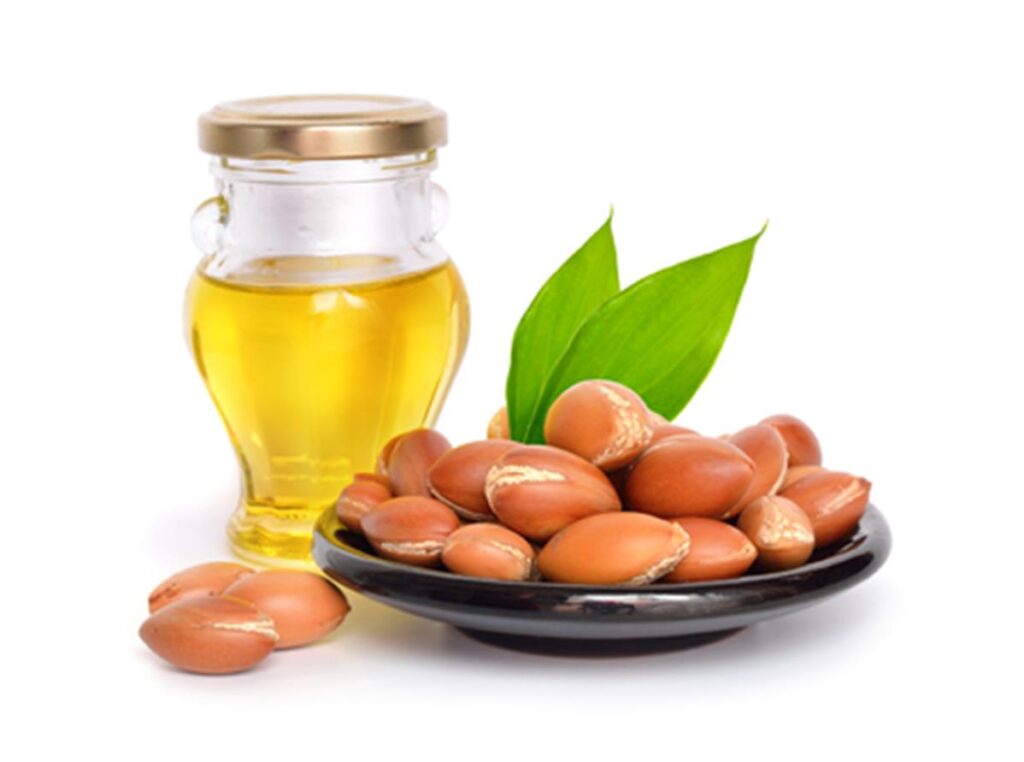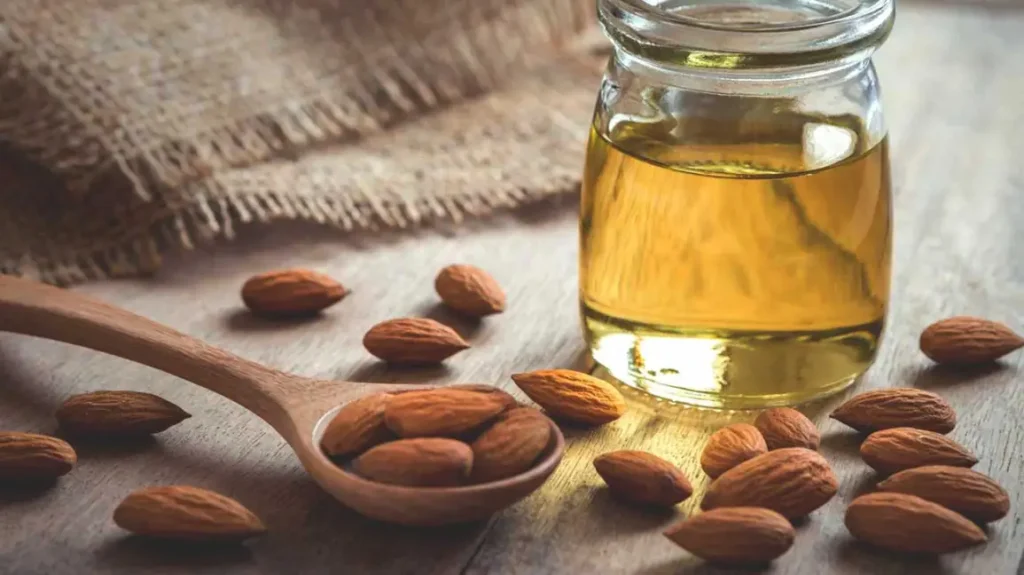5 best winter hair oils to keep your locks luscious this cold season! Learn about their ingredients, usage tips, prices, advantages, and potential downsides.
Introduction
Winter’s here, and while snowflakes might look magical, the season can be an absolute nightmare for your hair. From dryness and frizz to breakage and scalp irritation, cold weather doesn’t play fair. That’s where the 5 best winter hair oils come in to save the day (and your strands). But which ones should you choose, and how do they work their magic?
Let’s dive into everything you need to know about these nourishing hair oils—what they are, how to use them, their benefits and drawbacks, and, most importantly, what makes them stand out as winter essentials.
What Are Hair Oils, and Why Are They Important for Winter?
Hair oils are nutrient-packed products designed to strengthen, hydrate, and protect your tresses. These little miracle workers are typically made from plant-based oils, essential oils, and other active ingredients to cater to different hair needs.
But why do you need them in winter? Good question!
- Combat Dryness: Cold air lacks moisture, making hair brittle. Oils lock in hydration.
- Prevent Damage: They create a protective barrier against wind, static, and indoor heating.
- Boost Shine: Who doesn’t want glossy hair even when it’s gloomy out?
So, without further ado, let’s uncover the 5 best winter hair oils to give your mane the TLC it deserves!
The 5 Best Winter Hair Oils
1. Argan Oil – The Liquid Gold
What Is It?
Argan oil, often called “liquid gold,” comes from the kernels of the argan tree found in Morocco. It’s rich in fatty acids and vitamin E, making it a favorite for dry and damaged hair.
How Do You Use It?
- Warm a few drops between your palms.
- Apply from mid-length to tips or massage into your scalp.
- Use it as a leave-in treatment or a pre-shampoo mask.
Price
- Expect to pay between $10 and $30 for a quality bottle.
Advantages
- Deep hydration without greasiness.
- Tames frizz and boosts shine.
- Protects from heat styling.
Disadvantages
- It can be pricey.
- May not work well on ultra-fine hair.
Ingredients
Look for pure argan oil with no additives or preservatives for the best results.

2. Coconut Oil – The Multitasker
What Is It?
Derived from coconut meat, this oil is a winter lifesaver thanks to its deeply penetrating properties.
How Do You Use It?
- Massage into your scalp for nourishment.
- Apply it overnight for intense conditioning.
- Use sparingly as a serum for frizz control.
Price
- Budget-friendly, ranging from $5 to $15.
Advantages
- Excellent for repairing split ends.
- Naturally antifungal—great for dandruff-prone scalps.
- Versatile enough for all hair types.
Disadvantages
- Can feel heavy if overused.
- Solidifies in cold temperatures, requiring warming before application.
Ingredients
Opt for organic, cold-pressed coconut oil to ensure maximum benefits.

3. Jojoba Oil – The Scalp Savior
What Is It?
Extracted from the seeds of the jojoba plant, this oil closely resembles the natural sebum your scalp produces, making it an excellent choice for balancing moisture levels.
How Do You Use It?
- Use it as a scalp massage oil to soothe dryness.
- Mix it with your regular conditioner for added hydration.
- Apply lightly to ends for smoothness.
Price
- Typically ranges from $10 to $25.
Advantages
- Non-greasy and easily absorbed.
- Promotes scalp health by unclogging hair follicles.
- Works well with other oils for a DIY blend.
Disadvantages
- May not provide intense hydration for very dry hair.
- Some people find its scent less appealing.
Ingredients
Pure jojoba oil is best; avoid formulations with unnecessary additives.
4. Castor Oil – The Growth Booster
What Is It?
Pressed from castor seeds, this thick oil is famous for its ability to promote hair growth and thickness.
How Do You Use It?
- Mix it with lighter oils like coconut or jojoba for easier application.
- Massage into your scalp to stimulate blood flow.
- Use sparingly on eyebrows and lashes (if desired).
Price
- Affordable, priced between $5 and $20.
Advantages
- Encourages new hair growth.
- Provides deep conditioning for dry ends.
- Naturally antibacterial and antifungal.
Disadvantages
- Very thick consistency; tricky to wash out.
- Can cause buildup if overused.
Ingredients
Check for hexane-free, cold-pressed castor oil to ensure quality.

5. Almond Oil – The Vitamin E Hero
What Is It?
Almond oil is extracted from sweet almonds and is packed with vitamins E and D, plus omega fatty acids.
How Do You Use It?
- Apply directly to your scalp to reduce dryness.
- Use as a post-styling finisher for added shine.
- Combine with honey for a DIY hair mask.
Price
- Moderately priced, between $10 and $25.
Advantages
- Lightweight yet nourishing.
- Reduces scalp irritation.
- Leaves hair soft and silky.
Disadvantages
- Can trigger allergies in some individuals.
- May not be hydrating enough for extremely dry hair.
Ingredients
Look for cold-pressed, unrefined almond oil to retain nutrients.

Comparing the 5 Best Winter Hair Oils
| Oil | Best For | Price Range | Key Benefit | Drawback |
|---|---|---|---|---|
| Argan Oil | Dry, frizzy hair | $10-$30 | Hydration + shine | Expensive |
| Coconut Oil | Damaged hair | $5-$15 | Deep conditioning | Can feel heavy |
| Jojoba Oil | Sensitive scalps | $10-$25 | Balances moisture | Mild hydration |
| Castor Oil | Hair growth | $5-$20 | Thickens + repairs | Hard to wash out |
| Almond Oil | Fine to normal hair | $10-$25 | Lightweight shine | May trigger allergies |
How to Choose the Right Winter Hair Oil
Not sure which oil to pick? Here are some tips:
- Consider Your Hair Type:
- Fine hair? Go for lightweight options like almond or jojoba oil.
- Thick or curly hair? Argan and coconut oils are your go-tos.
- Identify Your Goals:
- For growth, try castor oil.
- To tame frizz, pick argan or coconut oil.
- Check for Allergies: Always patch-test new oils to avoid irritation.
FAQs
General Questions
- Why is hair oiling essential in winter?
Winter weather strips hair of moisture, leading to dryness and brittleness. Oiling nourishes the scalp, strengthens hair, and prevents cold-weather damage. - How often should I oil my hair in winter?
For most hair types, oiling once or twice a week is sufficient. Over-oiling can lead to buildup, so it’s important to adjust based on your scalp’s needs. - Which oils are best for dandruff control?
Almond oil and coconut oil are highly effective for hydrating the scalp and reducing flakiness caused by dandruff. - Should I heat oil before applying it?
Yes, slightly warming the oil helps it penetrate the scalp and hair more effectively. However, ensure the oil is warm, not hot, to avoid burning your scalp. - Can I skip conditioner if I oil my hair?
While oils add moisture, they don’t provide the same detangling benefits as conditioners. Use a conditioner for smoothness post-wash.
6. Can I mix oils for better results?
Absolutely! Blending oils like coconut and castor can give you a tailored solution for your hair concerns.
7. How often should I use hair oil in winter?
It depends on your hair type, but 1-2 times per week is a good starting point.
8. Are there any side effects of using hair oils?
Overusing oil can lead to buildup and weigh hair down. Always rinse thoroughly.
Product-Specific Questions
- Is coconut oil suitable for all hair types?
Coconut oil works best for thick, coarse, or curly hair. For fine or oily hair, it may feel too heavy. - Why is argan oil called “liquid gold”?
Argan oil is rich in antioxidants, Vitamin E, and fatty acids, making it excellent for hair health. It adds shine and repairs damage without greasiness. - Can almond oil help with hair fall?
Yes, the magnesium in almond oil strengthens hair follicles, reducing breakage and hair fall. - Is castor oil too thick for regular use?
Castor oil is thick, so it’s often diluted with lighter oils like coconut or almond for easier application. - Does jojoba oil work on all scalp types?
Yes, jojoba oil mimics natural sebum and works well for both dry and oily scalps, balancing moisture levels.
Application and Usage
- Should I apply oil to wet or dry hair?
Apply oil to dry hair as a pre-wash treatment. For leave-in hydration, use a small amount on damp hair. - Can I mix different oils for better results?
Yes, mixing oils like argan and coconut combines their strengths, providing nourishment and protection. - How long should I leave oil in my hair?
For pre-wash treatments, leave oil in for at least 30 minutes. For intensive hydration, leave it overnight. - What’s the best way to rinse off hair oil?
Use lukewarm water and a mild shampoo to remove oil without stripping natural moisture. Avoid hot water, as it can dry out your hair. - Can over-oiling damage my scalp?
Yes, excessive oiling can clog pores and lead to scalp buildup, which might cause dandruff or itchiness.
Seasonal Concerns
- Which oil is best for frizz control in winter?
Argan oil is lightweight and excellent for taming frizz and flyaways. - How can I avoid hair looking greasy after oiling?
Use only a small amount of oil, focusing on your scalp and ends. Avoid applying too much to the length. - Can oils prevent static in winter?
Yes, oils like jojoba and almond hydrate hair, reducing static caused by dryness. - Do oils help with winter-related hair growth issues?
Castor and coconut oils are particularly effective for promoting healthy hair growth during winter. - What’s the best oil for split-end prevention?
Castor oil, with its thick consistency, seals split ends, while almond oil nourishes and prevents further damage.
Conclusion
Your hair doesn’t have to suffer through winter! With the 5 best winter hair oils—argan, coconut, jojoba, castor, and almond—you’ve got the tools to tackle dryness, frizz, and dullness head-on. Just choose the right one for your needs, and follow the tips in this guide to keep your locks looking fabulous no matter how cold it gets.
So, go ahead—give your hair the nourishment it deserves this winter. Happy oiling!

